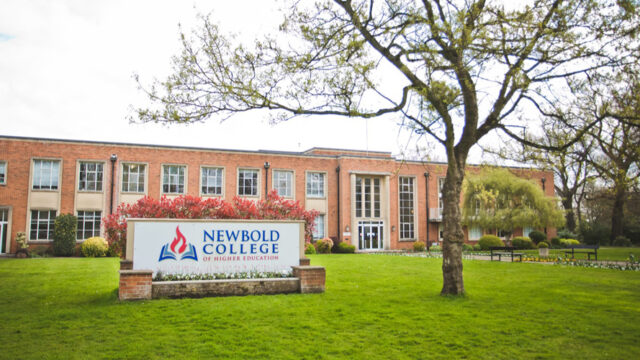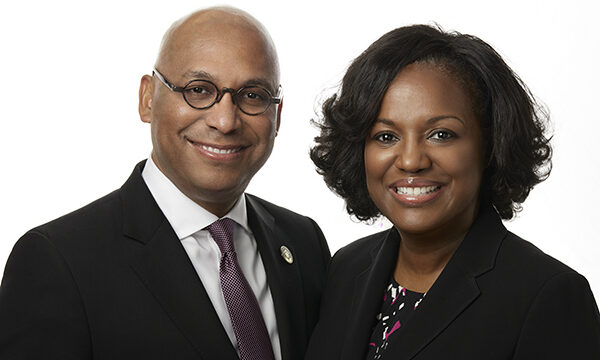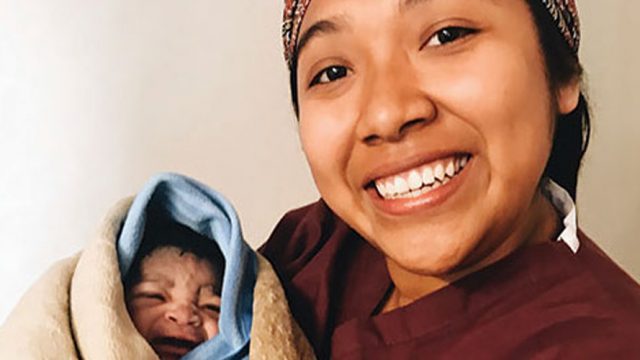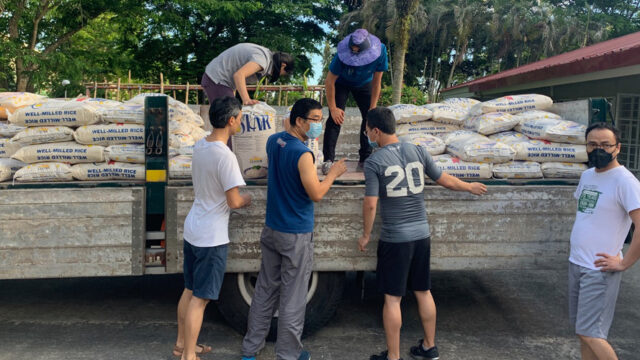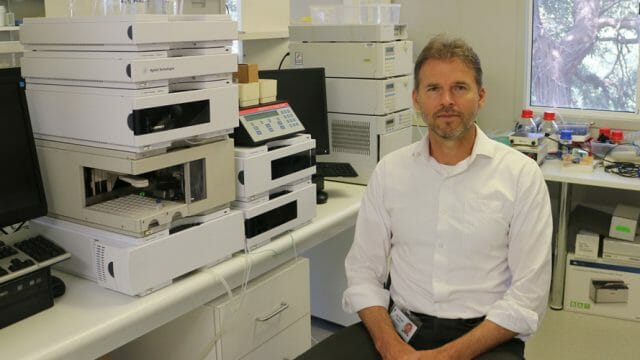When conscientious objectors volunteered to serve as human test subjects

The outbreak of COVID-19 (Coronavirus disease 2019) has captured the attention of media and medical professionals around the world. Predictions and sensational stories abound. Cruise ships have become floating quarantine wards. Legislators and civic officials scramble to limit exposure of the virus among their citizens. As researchers race to discover and manufacture an antidote to inoculate people against infection, the contributions of Seventh-day Adventist members of the military of a bygone era are significant once again.
Operation Whitecoat was a medical research program carried out by the United States Army between the years 1954-1973. The mission was to prepare defenses against the possibility of biological warfare against soldiers in combat and the United States population. Unlike the Tuskegee Syphilis Study, Operation Whitecoat served as a model of the ethical use of human subjects in research. To make the research effectual and ensure that it conformed to contemporary ethics regarding human research, the Army recruited men to volunteer as informed and consenting test subjects.
The Army recognized that a large number of healthy men could be found among the medics stationed at Fort Sam Houston, Texas, who did not smoke, use alcohol, and had a fairly uniform set of values and lifestyle habits. These Seventh-day Adventists were drafted and served as conscientious objectors and noncombatants. More than 2,300 Seventh-day Adventists earned the moniker “Whitecoat.”
In the early 1950s, the Army inquired at the General Conference of Seventh-day Adventists headquarters about the church’s position on biomedical research and testing on human subjects. After reviewing the implications of being engaged in life-saving research, the National Service Organization agreed to cooperate with the Army in helping to recruit Adventist soldiers into the program.
The decision of the General Conference leaders to cooperate with the Army in this project met some internal opposition. There is still debate about the morality of subjecting human beings to germ warfare experiments. Those who support the project extol the proven value of effective remedies for life-threatening, sometimes weaponized biologics.
Men who were selected to participate in these biological experiments were effective subjects in developing vaccines and cures for several viral diseases, including Q fever, tularemia, yellow fever, Venezuelan equine encephalitis, hepatitis, plague, and Rift Valley fever. The antidote for Rift Valley fever was a major factor in sealing the peace accord between Israel and Egypt in 1977.
Those who volunteered to participate in Operation Whitecoat served at Fort Detrick in Frederick, Maryland, and Walter Reed Army Medical Center in Washington, D.C. Before participating, soldiers signed a consent statement that read in part: “Of my own free will, . . . I affix my signature hereto indicating my willingness, as a soldier, to serve voluntarily as a subject for these studies, with the understanding that I will not be requested to participate in studies which, in themselves, are contrary to my religious beliefs.” No Whitecoats died during the test period.
As the Centers for Disease Control, the U.S. Public Health Service, the Food and Drug Administration, and the Federal Emergency Management Agency scramble to contain, study, and eradicate COVID-19, they will build upon research norms that were established during the years that Operation Whitecoat served the county.
Some enduring results of Operation Whitecoat include vaccines for a variety of infectious diseases and treatment protocols. The hazmat suits used today are a direct descendent of the Whitecoat project, as well as substantial work on what kinds of filters are necessary to prevent spreading viruses, and various filters are proven to avoid infection and airborne transfers of viral and chemical agents.
These findings and studies have impacted the kinds of things now being faced with the current contagions. Whitecoats were at the forefront of highly controlled and monitored testing. The results of those studies have likely saved millions of lives in the nearly 50 years since the project concluded, and have helped pave the way for further studies on preventing major outbreaks.
The Whitecoat program was fully voluntary and was the largest consensual human testing ever done. It is still considered the gold standard for consensual human medical testing, and is part of the history of the medical contributions of the Seventh-day Adventist Church to the general world population. No study has ever been larger, longer, or more controlled than Operation Whitecoat.
Click here to read an informative article on Operation Whitecoat written by Adventist Review/Adventist World executive editor Bill Knott.



